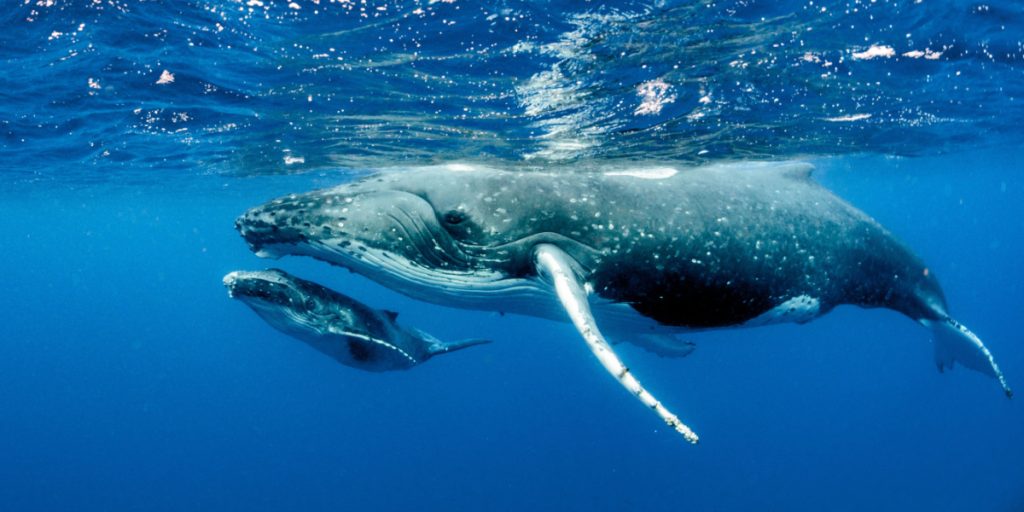Scientists have discovered how whales produce their unique “songs”, offering new insights into marine mammal communication.
Others are reading now
Scientists have unveiled the mystery behind whale “songs,” showing these majestic marine mammals use a highly evolved vocal apparatus for their unique sounds, a finding published in Nature.
Cohen Elemans, a biology professor at the University of Southern Denmark and co-author of the study, shared, “The vocal apparatus developed when fish crawled out of the sea and had to find a way to separate the air they breathe from the food they eat.”
This evolutionary marvel, the larynx, serves as a gateway to the trachea, with the epiglottis ensuring food stays out. Below it, the vocal cords vibrate to create sound upon exhaling.
Elemans explained that whales’ ancestors adapted their larynx for rapid air expulsion at the water’s surface, an essential modification for their aquatic lifestyle.
Also read
While whales and dolphins bypass vocal cords for sound, using nasal passages instead, it’s believed that humpbacks and blue whales might still use their vocal cords for their enchanting calls.
To investigate, researchers examined the remains of three whale species found in Denmark and Scotland. Simulating vocal cord function, they discovered that adjusting the larynx’s position caused a vibration, mimicking whale songs.
Joy Reidenberg emphasized the study’s importance for understanding whale communication, suggesting further research into different species, especially the song-producing male humpbacks.
The team also used digital models to see how lung volume and water pressure affect whale singing, revealing that these sounds are mainly made in shallower waters, though human noise can disrupt them.
It’s also reported that blue whales ingest over 10 million pieces of microplastic daily.








